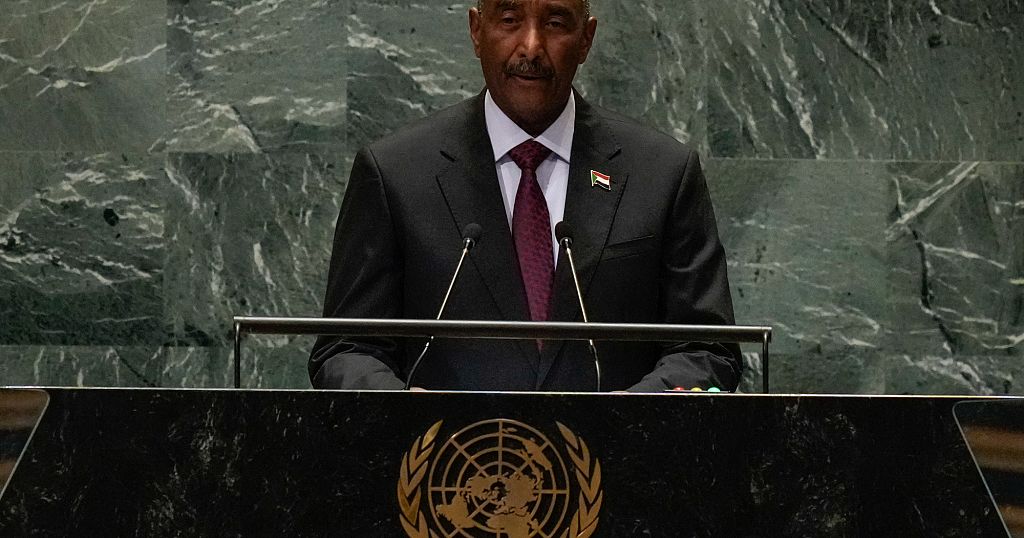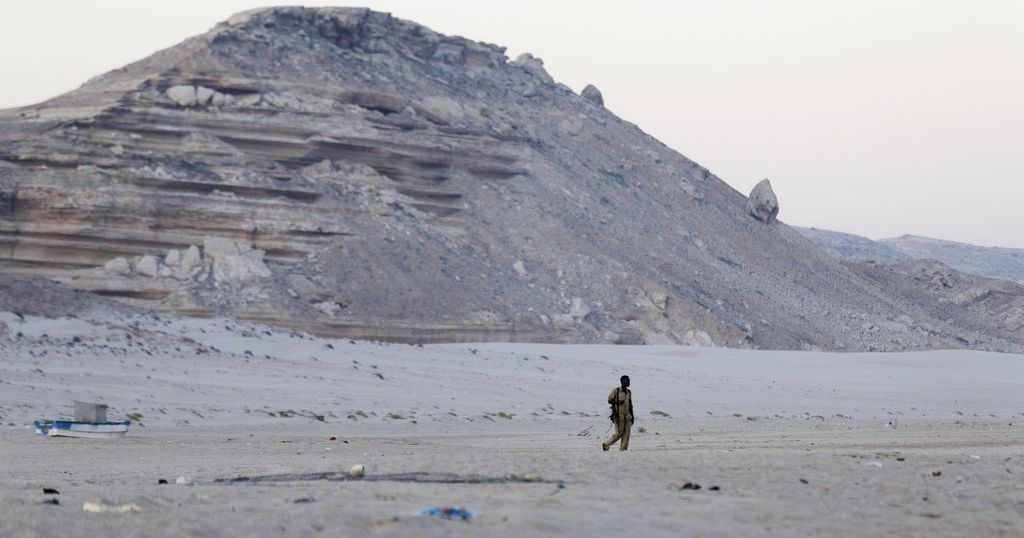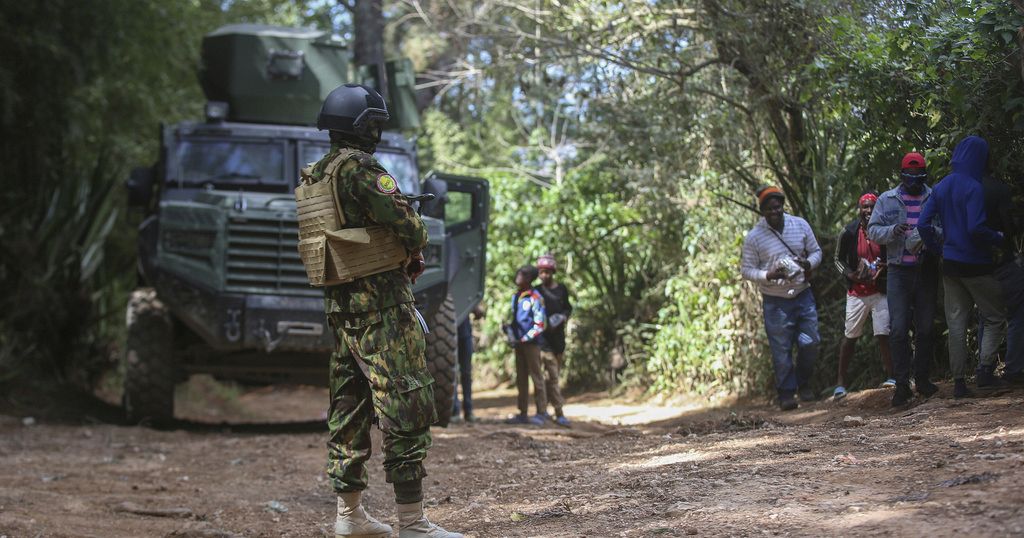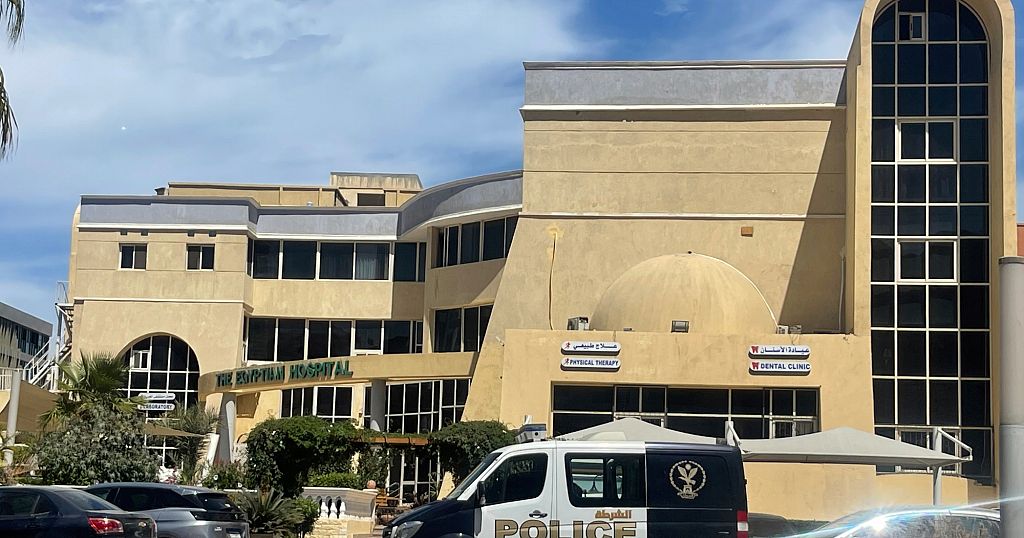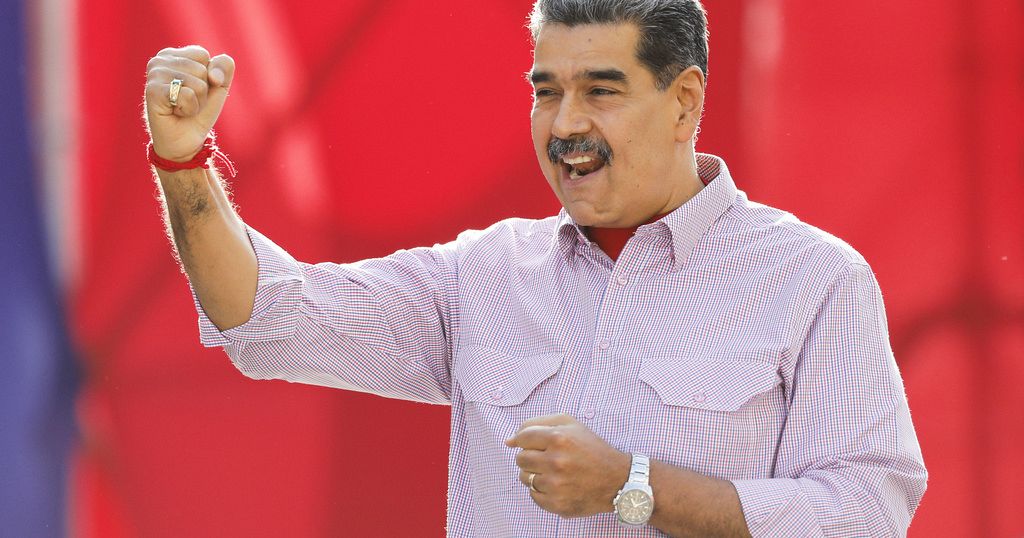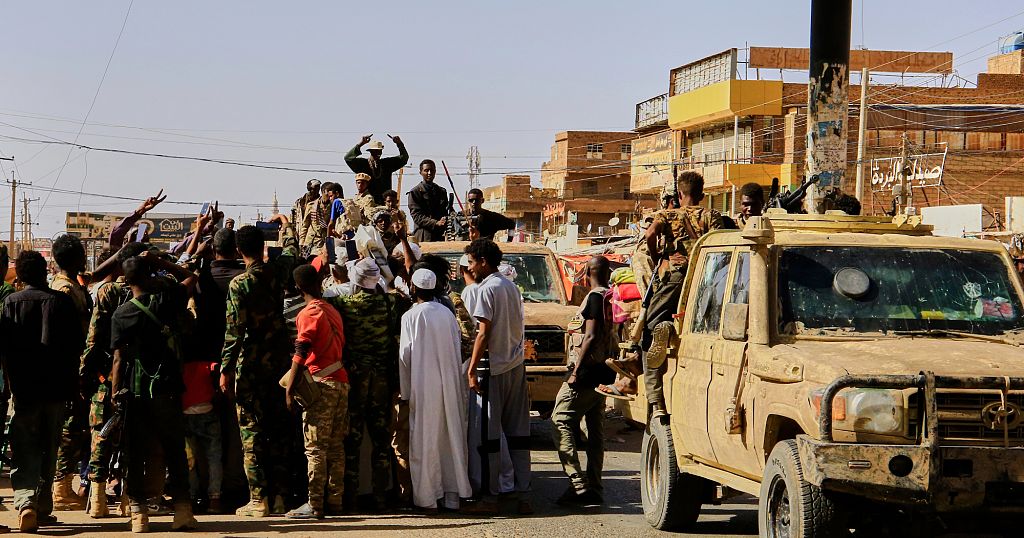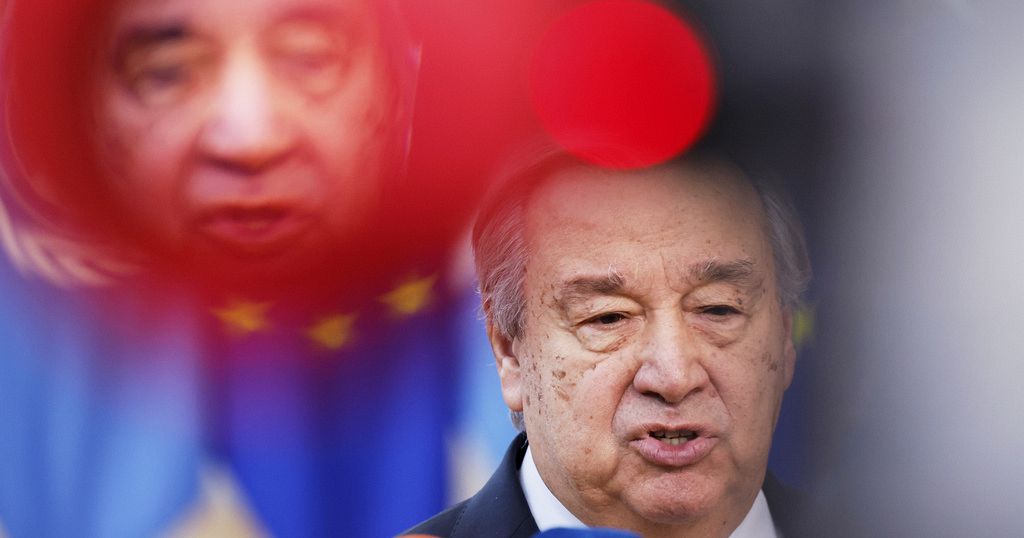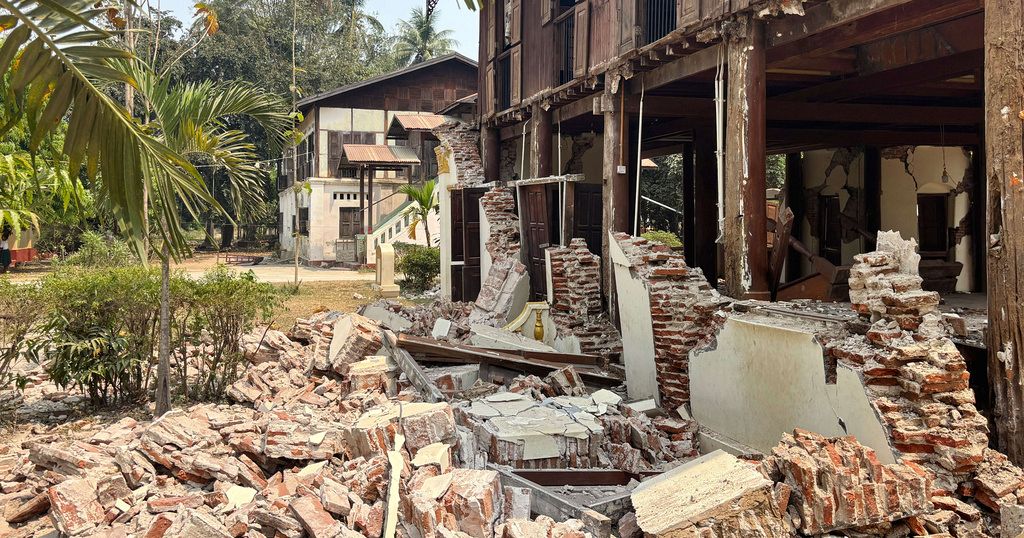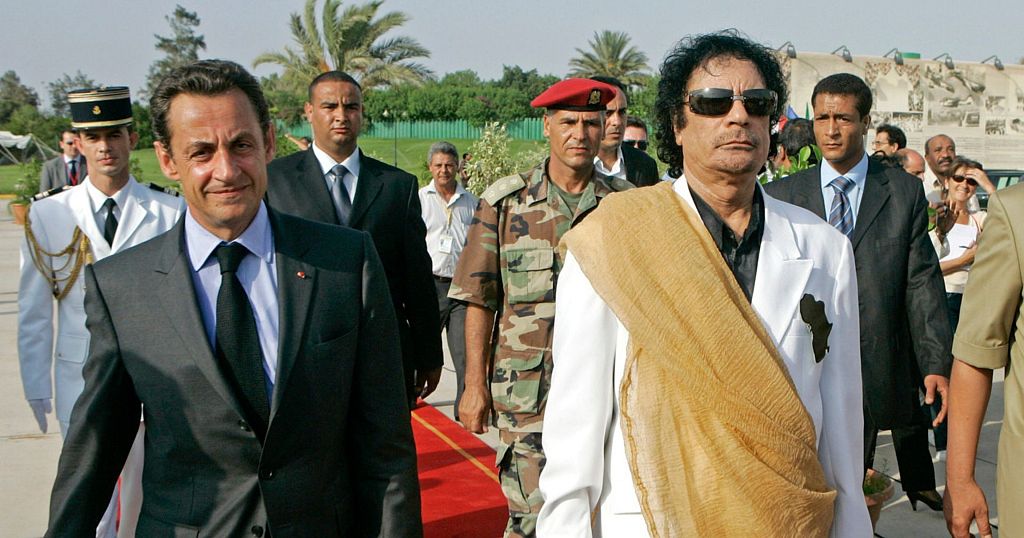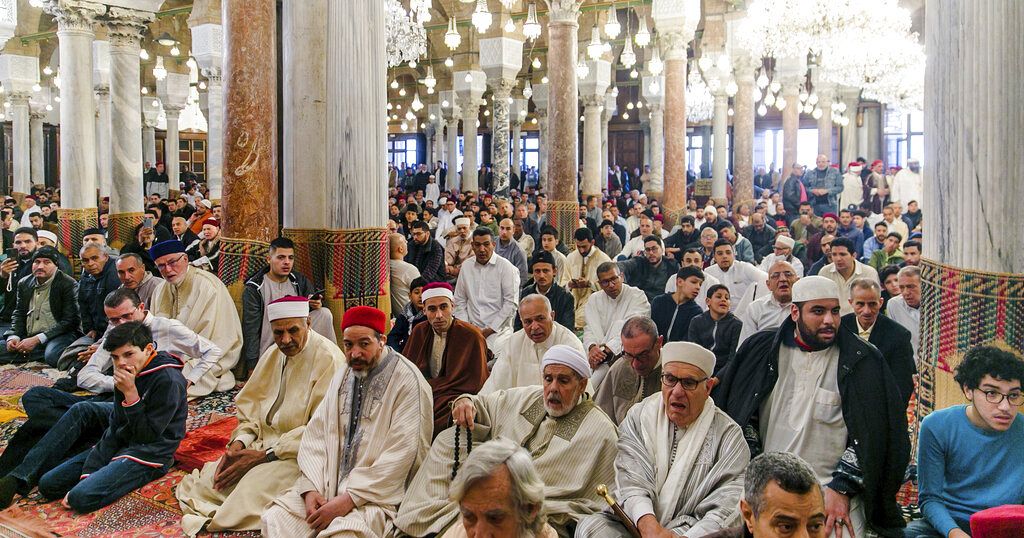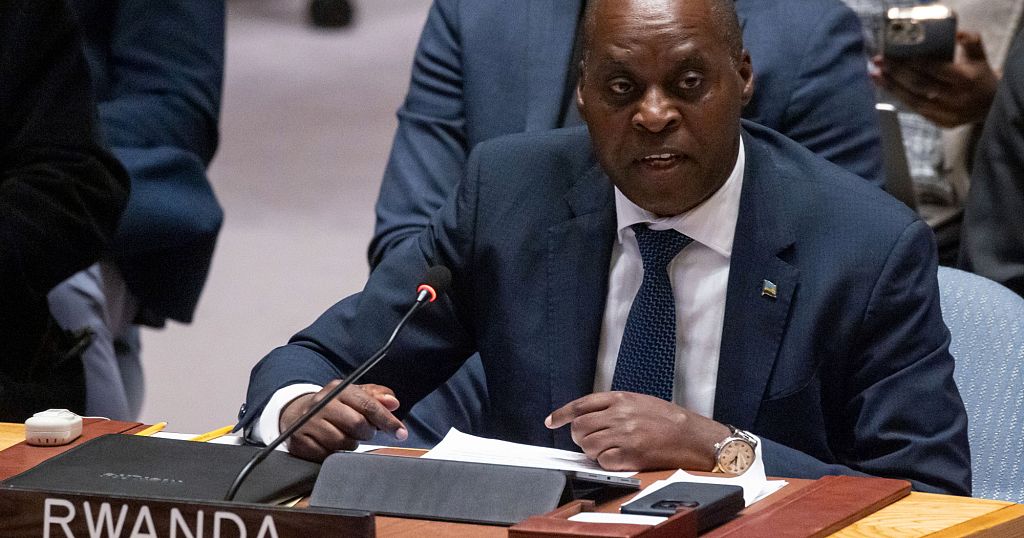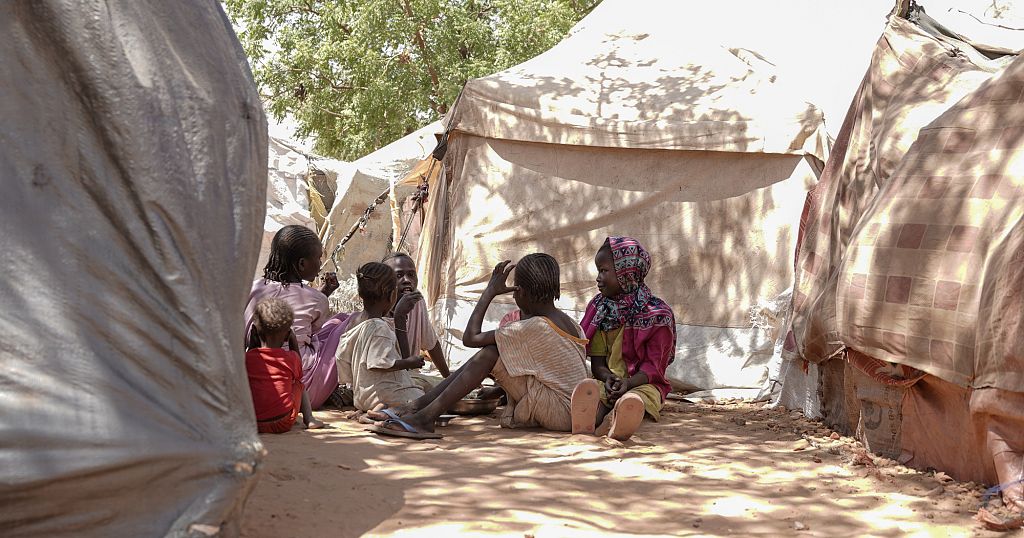Aid workers sound alarm over worsening humanitarian situation in Sudan
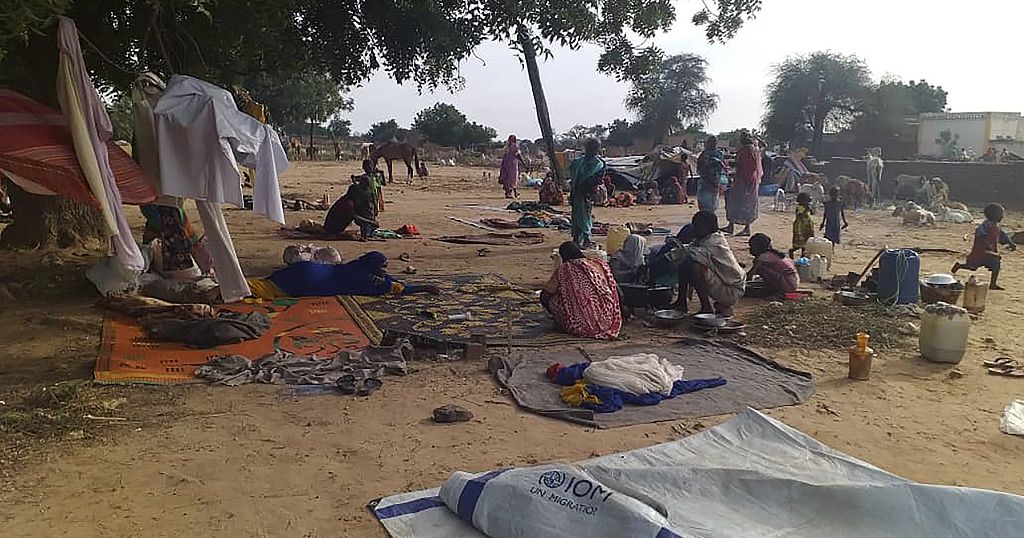
Aid workers working with people who have fled Sudan to neighbouring Chad have sounded the alarm over a worsening humanitarian situation in the Darfur region of Sudan, where war has created conditions approaching famine.
Tammam Aloudat, who works for Doctors without Borders (MSF) in South Darfur, returned from a mission in Niyala last week and spoke of the starvation crisis affecting the region.
“There have been kids in the therapeutic feeding center, where we receive children with malnutrition who are above one-year-old, who looked like they are four or five months old,” said Aloudat.
“What I would like to talk about is really pockets of severe malnutrition that is unmanageable on their own, and just to put it in context, a lot of children once they reach a stage of malnutrition they stop eating even if some food is available,” he added.
Aloudat said he hopes the authorities’ announcement this week of the reopening of the Adre border crossing will mean more U.N. aid can reach hard-hit areas, but that many obstacles remain.
He said recent rains had led to the collapse of a key bridge in South Darfur, making it near impossible for large amounts of aid to reach the area.
Most recently, fighters from Sudan’s paramilitary group the Rapid Support Forces rampaged through a central village, looting and burning and killing at least 85 people, including women and children, authorities and residents said Saturday, the latest atrocity in the country’s 18-month devastating conflict.
The paramilitary Rapid Support Forces began attacking Galgani in the central province of Sennar late in July and last week RSF fighters “indiscriminately opened fire on the village’s unarmed residents” after they resisted attempts to abduct and sexually assault women and girls, Sudan’s Foreign Ministry said in a statement.
More than 150 villagers were wounded, the ministry said.
The RSF has been repeatedly accused of massacres, rapes and other gross violations across the country since the war started in April last year, when simmering tensions between the country’s military and the group exploded into open fighting in the capital Khartoum and elsewhere.
Both sides have traded accusations of attacking civilians and obstructing aid since the country’s war started in April 2023.
The nation was plunged into chaos last year when tensions between the military and the RSF turned into open fighting in the capital, Khartoum, before spreading across the country.
Meanwhile, diplomats from the United States, Saudi Arabia, Egypt, the United Arab Emirates, the African Union and the United Nations have been trying to restart talks aimed at calming the fighting.
But the country’s military has boycotted the event and the RSF sent a delegation to Geneva but didn’t take part in the meetings.
Source: Africanews


